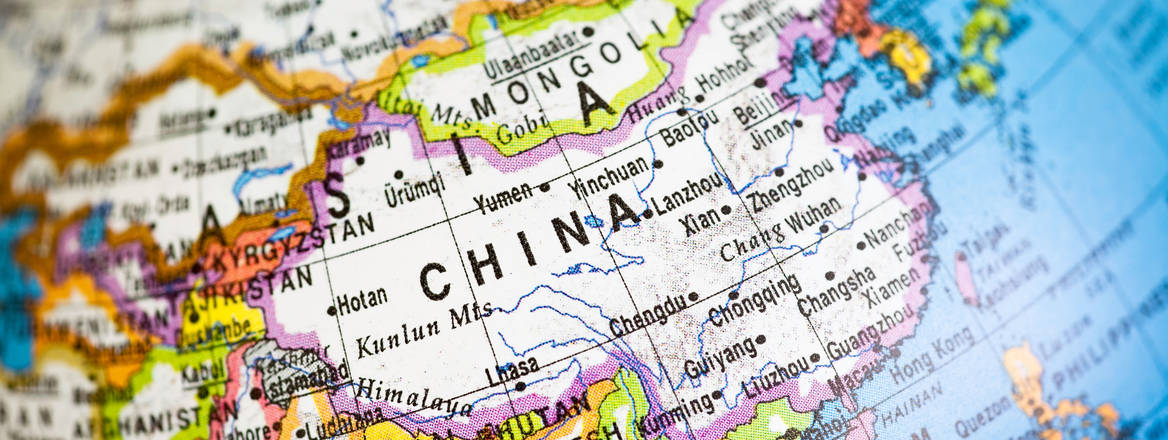Transatlantic China Policy: In Search of an Endgame
This paper investigates the reasons for limited transatlantic cooperation on China in three separate but related domains: economics; security; and the multilateral system and global norms.
This project is funded by the Carnegie Corporation of New York.
While China policy has changed markedly on both sides of the Atlantic in the past decade, transatlantic cooperation on China remains limited in extent and impact, ad hoc and reactive. Yet enhanced pooling of efforts and more systematic cooperation promises increased policy effectiveness. This paper investigates the reasons for this limited cooperation on China in three separate but related domains: economics; security; and the multilateral system and global norms. It identifies where there is a need for better mutual understanding of divergent positions, and where and through what mechanisms cooperation might be strengthened.
The transatlantic partners agree that China represents a challenge, even a threat. There is consensus on the need for de-risking, on the desire to maintain the security status quo in the Indo-Pacific, and on the need to counter China’s actions on the world stage. In its specifics, however, the challenge looks different on each side of the Atlantic. The US is concerned about threats to its technological, military and economic leadership, whereas Europe’s focus is on the risks of economic dependency, with some concern about China’s agenda for global governance. There is also significant divergence between European countries, which makes even a common European position challenging.
- In the economic domain, countries have different interpretations and priorities for de-risking. The US prioritises defending its leadership in certain key technologies, while European countries focus on diversifying their economic relationship with China and maintaining strong commercial connections. There is also a difference of pace and urgency, with the US wanting to move more quickly than most European countries.
- In the security domain, there is consensus across the Atlantic on the need to uphold the existing Indo-Pacific order against Beijing’s attempts to overturn it. In contrast with the US’s dominant role on security matters in the Indo-Pacific, European partners are best placed to do more in non-traditional security domains and to strengthen economic deterrence. Continued European reliance on the US security umbrella in Europe suggests the need for an explicit transatlantic discussion on how security efforts in Europe and the Indo-Pacific link together.
- On the multilateral system and global norms, there is agreement on the challenge but divergence on specifics. Recent years have seen a more cohesive G7 and its informal expansion at times to a G7+. However, the transatlantic partners have done much less than China in proposing an updated vision of global governance that is appealing to the Global South.
Effective transatlantic cooperation requires alignment, if not agreement, on the urgency and severity of the challenge posed by China. But joint action demands specifics and granularity and, on this level, there is as much disagreement as agreement. More effective transatlantic cooperation begins with the recognition of this plurality.
In order to strengthen transatlantic cooperation, this paper proposes that partners invest in a process that articulates a realistic shared vision for future China relations; a target ‘endgame’ to guide cooperation. Without a clear view of what future relations with China would look like, it is hard to develop policy and judge if that policy is appropriate or effective. The different positions on each side of the Atlantic mean that there is also benefit in investing in a structured transatlantic process to narrow perception gaps about the risks and benefits that China brings. The security domain offers the greatest potential for increased clarity on roles and activities.
WRITTEN BY
Ben Bland
Director, Asia-Pacific programme, Chatham House
Andrew Cainey
RUSI Senior Associate Fellow, International Security
Dr Philip Shetler-Jones
Senior Research Fellow, Indo-Pacific Security
International Security




